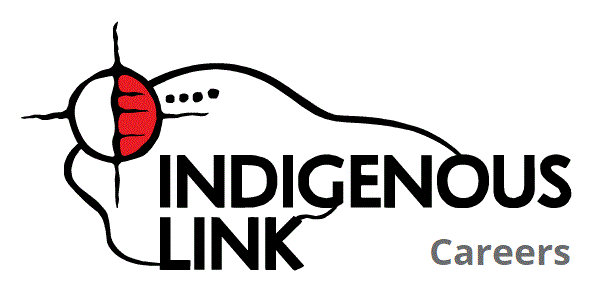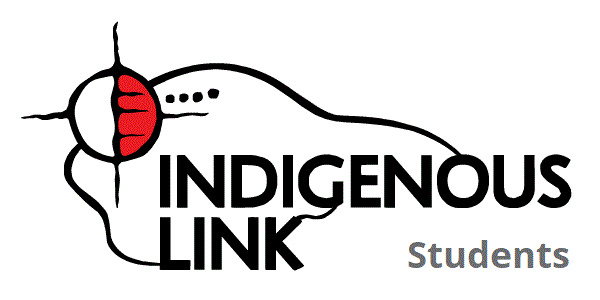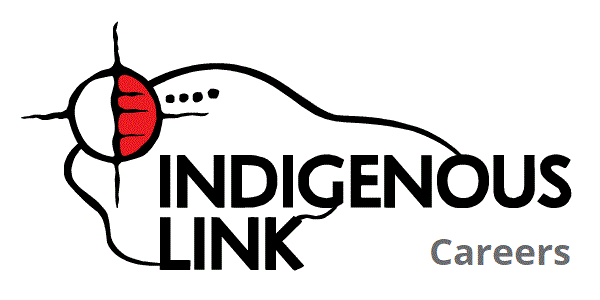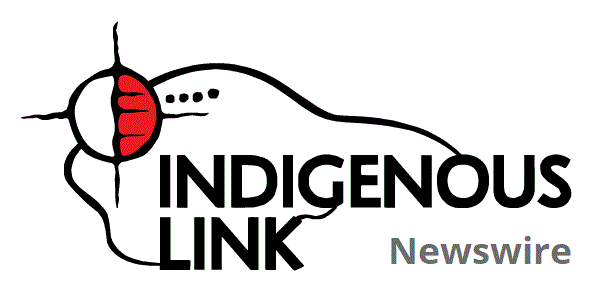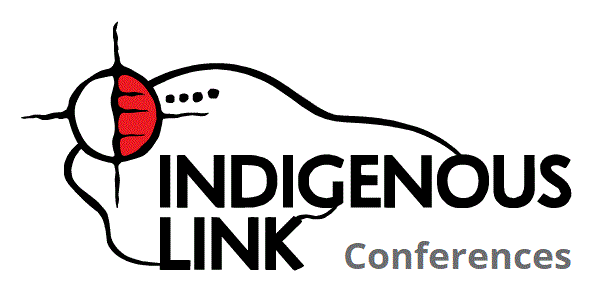Vice-President, Programs And Community Engagement | |
| Job ID | 9F-74-15-41-3D-FF |
| Company | Canadian Museum For Human Rights |
| Location | Winnipeg |
| Province | Manitoba |
| Date Posted | 2020-01-21 |
| Posted Until | 2020-02-08 |
| Job Type | Full-time |
| Job Category | Office |
| Description | |
| The Canadian Museum for Human Rights (CMHR) is the first museum in the world solely dedicated to the evolution, celebration and future of human rights. It is the first national museum in Canada to be built outside the National Capital Region. Located in the heart of Canada in Winnipeg, Manitoba, the CMHR rises from the Prairie earth at The Forks, which has been a meeting place for over six thousand years. The CMHR delivers an immersive, interactive and memorable experience for visitors of every background, age and ability. Each visitor has access to a fully reinvented museum experience that reflects a design approach that sets new Canadian and world standards for inclusion and universal accessibility. We are seeking talented individuals who are motivated to share their passion and commitment to join our team. Together, we aim to enhance the public's understanding of human rights, to promote respect for others, and to encourage reflection and dialogue. Purpose of Position Reporting to the President and Chief Executive Officer, the Vice-President, Programs and Community Engagement is a key member of the CMHR Executive Team, a leader responsible for setting policy and developing and executing strategy in accordance with the goals and objectives established in collaboration with the Executive Team, the President and CEO and the Board of Trustees. The areas of oversight include professional, education and public programming. The Vice-President, Programs and Community Engagement will provide strategic advice and guidance on the planning and development of accessible, relevant and engaging Indigenous programming and services and will support the engagement of Indigenous audiences and communities. The Vice-President, Programs and Community Engagement will also liaise with staff from all other Museum departments and with stakeholders to ensure a cohesive and integrated approach to Indigenous inclusion throughout the organization. The Vice-President, Programs and Community Engagement shares responsibility with the Executive Team for the Museum’s overall performance. The incumbent provides leadership to a team of managers and builds strategic partnerships and relationships with the community, other museums, public and private institutions, and other like-minded organizations. Key Responsibilities Corporate Direction and Strategic Planning • Together with the President and CEO and Executive team, implements and monitors the organization’s long-term and strategic plans, annual corporate plans, and operational and business plans. • Provides advice to the President and CEO in the development and implementation of corporate policies and programs that relate to professional, education and public programming. • Provides leadership in collaboratively and proactively assisting in the formulation of the philosophy, goals, objectives and policies on Indigenous inclusion at the CMHR. • Provides direction and strategic advice on Indigenous relations and community issues and prepares recommendations as required. Strategic Partnerships and Community • Develops and maintains effective relationships with communities, groups, organizations and others. • Represents the Museum on select inter-museum committees and task forces and consults with select stakeholders to seek solutions in the areas of professional, education and public programming, and for the cooperative exchange of information related to these areas. • Acts as an ambassador and advocates for the Museum with various organizations and groups; represents the CMHR at meetings, and gives speeches and presentations on behalf of the Museum. • Identifies opportunities for partnerships specific to Indigenous content and programming and works in collaboration with Research and Communications to create appropriate agreements. Museum Operations • Responsible for the development of professional, educational and public programming; works closely with other departments to set educational and interpretative goals that fulfill CMHR’s mandate related to education and dialogue. • Creates and implements a long-term vision for the Museum’s programming that utilizes a collaborative and integrated approach and that aligns with the goals in the strategic plan. • Directs the development and implementation of policies and programs that relate to professional, education and public programming. • Directs activities related to programming in accordance with policies, goals and objectives established by the President and CEO and the Board of Trustees. • Ensures professional, educational and public programming are aligned with the Museum’s strategic goals and priorities to increase our presence and support the revenue and visitation goals. Initiates, reviews and/or evaluates programming proposals. Approves or rejects proposals, and provides leadership and guidance on improvement and/or implementation. • Engages local communities, groups, organizations and individuals and forges strategic partnerships. • Leverages new and existing networks and partnerships to disseminate the Museum’s work. • Builds key external relationships such as with influencers and champions. • Leads the development of CMHR policy related to aspects of Indigenous inclusion. • Leads the development and management of corporate Indigenous awareness initiatives, both with respect to visitors and the workforce, in support of the Museum’s Visitor Service Excellence and Inclusive Workplace programs. • Responsible for developing processes and systems to improve the quality of service to respective client groups, both reactively and proactively. • Researches and analyzes models and best practices for a wide range of Indigenous programming, including programs for First Nations, Inuit and Métis audiences, as well as programs about Indigenous themes. • Leads the management of various working groups; involves developing proposals, bringing forward recommendations and driving appropriate actions as well as chairing meetings or delegating authority to chair to others. Includes: o the Standing Indigenous Advisory Committee (SIAC); o the Indigenous Education Working Group (IEWG). Financial Performance and Growth • Manages and approves the annual budget for the Museum’s professional, education and public programming, including any community engagement initiatives specific to Indigenous relations. • Identifies, obtains and manages material and financial resources and plans; administers and exercises significant financial authority. Leadership • Provides leadership to a team of managers; ensures outcomes and targets are achieved for respective areas of responsibility. • Provides management, leadership and training to staff and contractors. • Supervises staff in accordance with company policies, procedures, collective agreement and workplace safety regulations. • Coordinates with Human Resources for appropriate staffing levels. Conducts interviews; makes employee selection and assists in developing the schedule for on-boarding planning. • Coaches and provides career development advice to staff. Supervises and manages the staff’s overall performance. • Responsible for staff scheduling which would include: employee training, employee vacations, overtime approval, etc. • Establishes employee goals and conducts employee performance reviews. This would include approval on annual increases, salary adjustments upon promotion, authority to exercise discipline, etc. Skills and Qualifications – Required • University education in a relevant discipline (e.g., museum studies, human rights, history, stakeholder relations, Indigenous Studies, programming or education) plus a minimum of 10 years related experience or equivalent combination of education and experience. • Executive-level management experience within a complex and multidisciplinary institution. • Considerable breadth of knowledge in multiple relevant areas, and specialized technical knowledge and expertise in one or more areas: human rights, public relations, educational programming and/or public programming. • Demonstrated success developing and implementing strategic and operational plans, policies and initiatives. • Proven track record managing business units, budgets and activities related to education and public programming. • Demonstrated ability to successfully negotiate and develop partnerships. • Experience managing highly specialized human, financial and material resources. • Knowledge of Canada’s cultural landscape. Skills and Qualifications – Desired • Graduate or professional degree (e.g., Master’s or PhD). • Ability to communicate in both official languages, orally and in writing, is an asset. • Experience in a museum or a heritage/cultural institution. • Existing relationships with a number of First Nations, Inuit and/or Métis communities and/or organizations. Attributes • Problem-solving – Advanced knowledge of problem-solving and decision-making techniques, and the ability to generate solutions to problems and decide on a course of action. • Adaptability – Advanced ability to effectively manage one’s own behaviour and positively influence the actions of others during times of change, stress or uncertainty. • Integrity and trust – Advanced ability to operate with a high degree of honesty and openness, such that respect and trust is earned by co-workers and customers. • Managing vision and purpose – Communicates an inspiring, optimistic vision of the future in such a way that others are motivated to share in the vision. • Planning and organizing – Effectively manages resources (people, funding, material, support) and eliminates roadblocks to achieve goals. • Developing direct reports – Works with employees to understand and set career goals, and provides related development opportunities and support. • Inspirational leader, motivating others – Encourages others to do their best through empowerment, reward and recognition, delegation, and the creation of a positive work environment and strong teams. • Impact and influence – Able to assume leadership, even under challenging or difficult situations, and provide direction and impact the behaviour of others in a positive way. • Excellent communication and interpersonal skills. • Demonstrated ability to skillfully work with controversial subject matter and present conflicting or divergent points of view fairly. • Confidentiality and discretion – Through the course of their duties, the incumbent will be privy to highly confidential matters and must display the utmost discretion and professionalism. Official Language Proficiency: • Bilingual preferred Working Conditions and Physical Demands • Work is in an office environment. • Frequent requirement to work beyond normal working hours, including weekends and evenings, with short notice. • Some travel will be required. Conditions of Employment • Security Screening Level – Secret Status • Child Abuse Registry Check | |
| Languages | English, Bilingual Preferred |
| How To Apply | Interested applicants should submit a cover letter and résumé through CMHR’s Careers page at https://humanrights.ca/about/careers by February 7, 2020. The cover letter must provide concrete examples that illustrate how they meet the education and experience factors listed in the Qualifications – Required and Desired (if applicable). Résumés will be used as a secondary source to validate the education and experience described in the cover letter. The Canadian Museum for Human Rights is committed to developing inclusive, barrier-free recruitment processes and work environment. Please advise the HR representative if accommodation measures must be taken to enable you to apply and be assessed in a fair and equitable manner. All applicants will receive a confirmation of receipt of their application. We thank all applicants for their interest, however, only those selected for an interview will be contacted. Intent / Result of process: An eligibility list of qualified candidates may be created as a result of this process. The list would have a retention schedule of six months. The CMHR is committed to fostering a positive workplace culture with a skilled and diverse workforce that reflects the Canadians we serve. The principles of diversity, inclusion and accessibility are core to our values and employment equity is a factor that is applied in our competition processes. Employment equity, as addressed in federal Canadian law by the Employment Equity Act, requires federal jurisdiction employers to engage in positive employment practices in an effort to ensure that four designated groups (women, people with disabilities, Indigenous people, and visible minorities) are represented in the employer’s workforce to a degree that is akin to their representation in the broader Canadian workforce/workforce segment. The Museum’s employment practices are developed and informed by the Truth and Reconciliation Commission’s Calls to Action. |
(877) 823-6781
